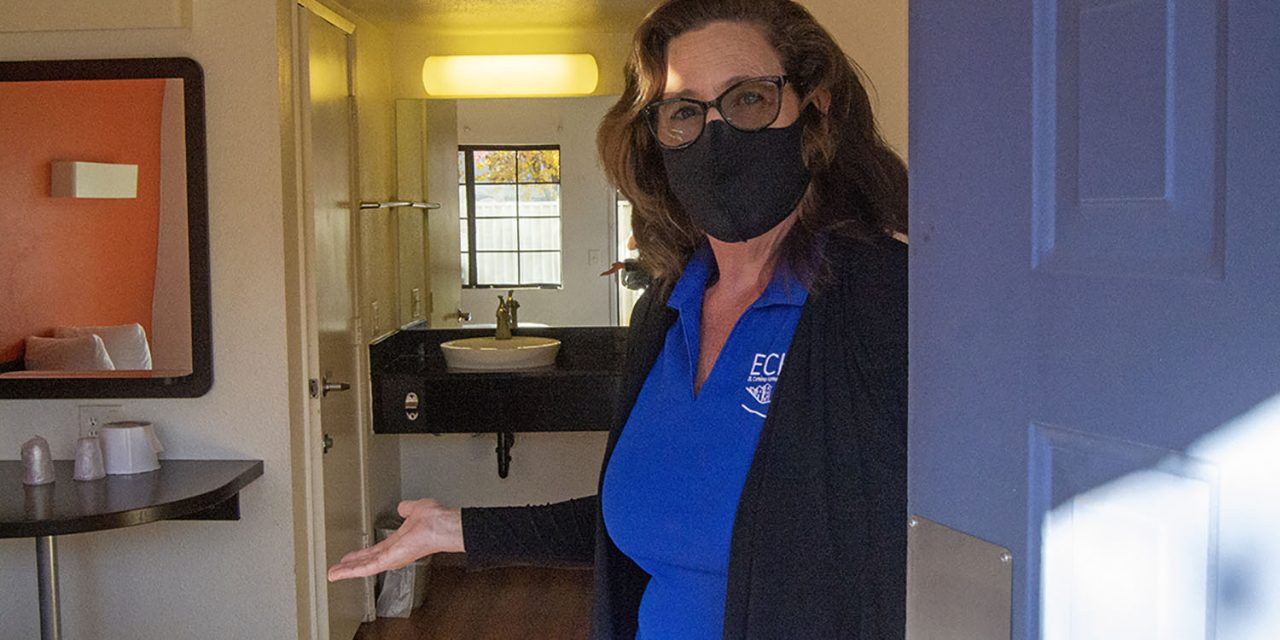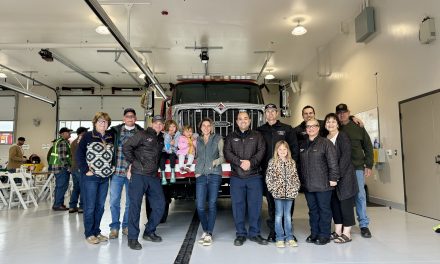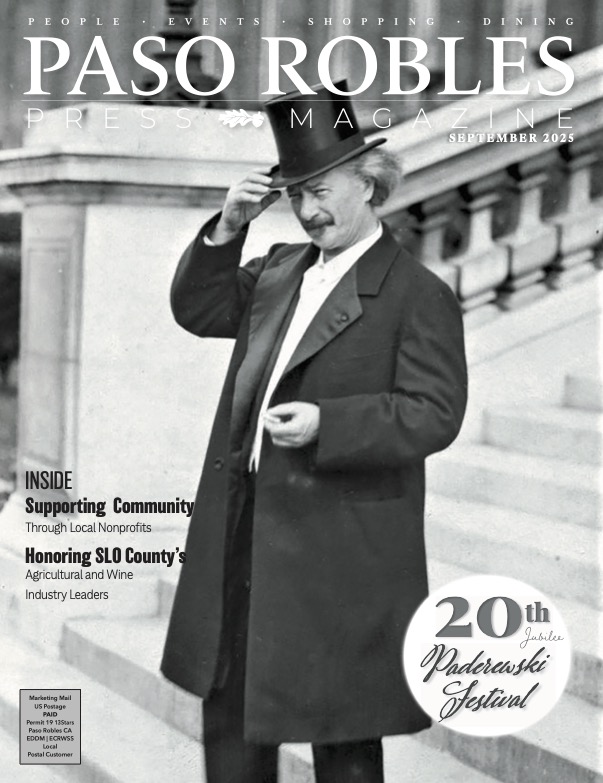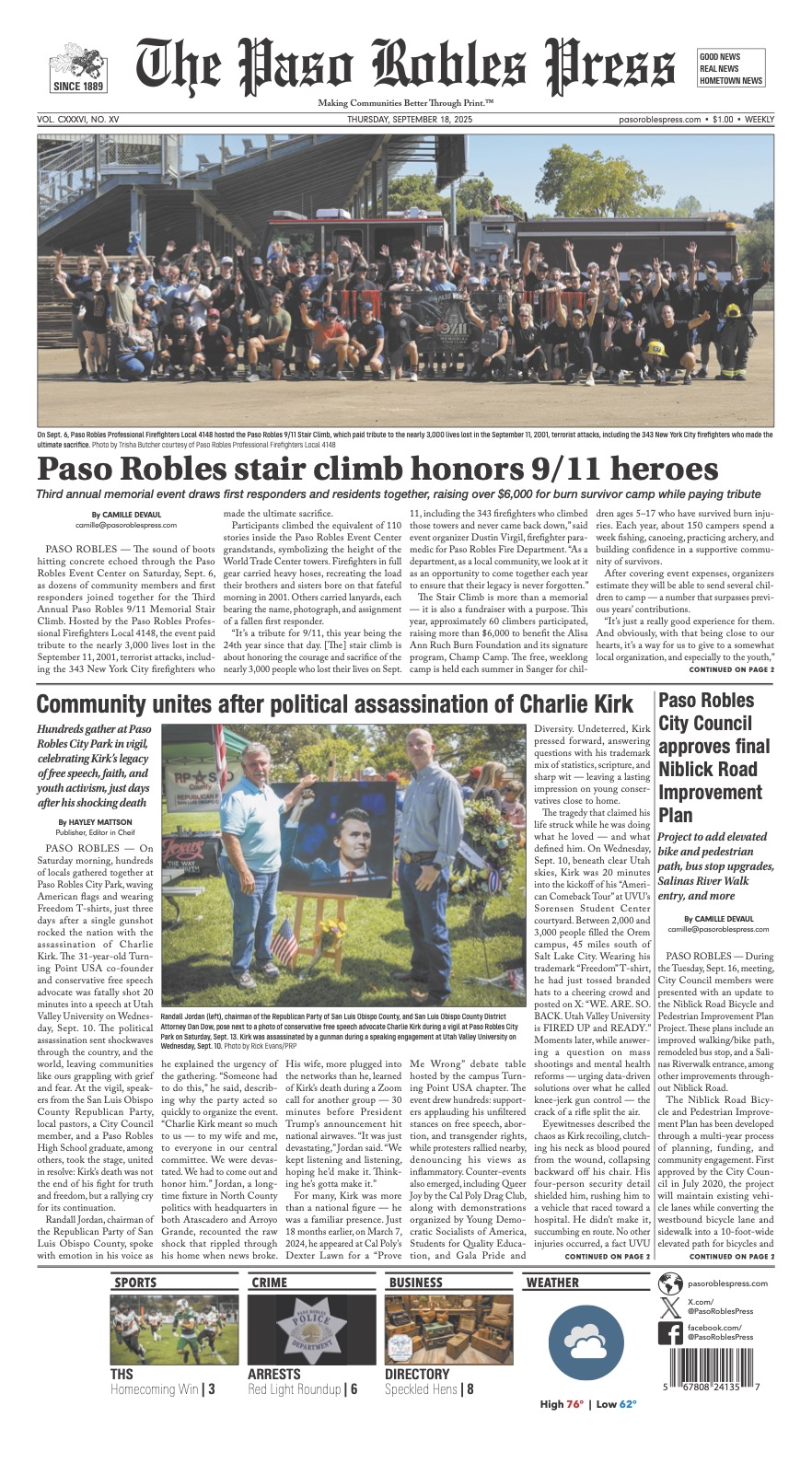Goal is to be at 50% capacity in first 90 days
PASO ROBLES — Escrow closed on Motel 6 in Paso Robles and less than a week later, the El Camino Homeless Organization was providing shelter to people at the location as the holidays approached.
“We were overwhelmingly thrilled especially before Christmas we were able to get people housed and out of the cold to celebrate a holiday here,” said Wendy Lewis, ECHO president and CEO. “That is something to celebrate right there.”
Escrow officially closed on Dec. 2. Eight days later, ECHO Paso Robles had 22 people staying at the shelter.
“That’s 22 people who had the comfort of a warm bed, a warm shower, people to support them and not be in their cars or on the street,” Lewis said. “Grateful to be able to bring that spirit of the holidays to people we serve, especially here in Paso Robles.”
Lewis said it had been a whirlwind since partners Housing Authority of San Luis Obispo and Peoples’ Self-Help Housing approached ECHO with the idea of applying for Project Homekey funding that would bring a much-needed homeless shelter and low-income housing to Paso Robles.
HASLO was awarded $15 million from Gov. Gavin Newsom’s Project Homekey in mid-October. The 122-room motel on Black Oak Drive was purchased for $12.4 million.
Lewis said she has never seen a project come together as quickly.
“The day we actually got the keys and we could open doors and see what we’re going to be able to do, it felt surreal,” Lewis said. “It was such a journey to get here. I have been in nonprofits for 15 years and never seen a project like this in such a short duration come to fruition with so many pieces that we had to put together.”
The site will provide over 100 emergency housing rooms for homeless and low-income housing for ECHO, HASLO and PPSH.
ECHO Paso Robles is leasing 54 rooms located at the back of the former motel. Lewis said 42 of the rooms would be used for the homeless shelter. It will be a mix of emergency and transitional housing.
The remaining ECHO Paso Robles rooms will be used for staff and support services.
“We are super excited to bring some programming which supports peoples’ journey back into housing — mental health support, behavioral health support, possibly working with the Food Bank and having some food distribution,” Lewis said. “All these pieces that support people on their journey back into housing.”
HASLO and PSHH will provide low-income housing in the remaining rooms. Work is expected to begin any day on their portion.
Lewis said there would be a clear delineation between the homeless shelter and the permanent housing in the front. She also envisions a sharing of some services such as the food programs.
“We are going to be bringing our food programs over here and we would offer that to the people that are staying with us, the people in the permanent housing and then others in the community that are food insecure, just need a meal to help them get by,” Lewis said.
Much of what is provided currently at ECHO’s shelter in Atascadero will be available in Paso Robles, but it will gradually build to capacity. Now, it is more of a warming shelter as the staff is trained and services come online.
“We have a lot of partners that are excited to help,” Lewis said.
ECHO Atascadero offers a 90-day dormitory program with 50 beds and runs an emergency winter warming shelter. ECHO Paso Robles will provide the same programming but in a non-congregate setting.
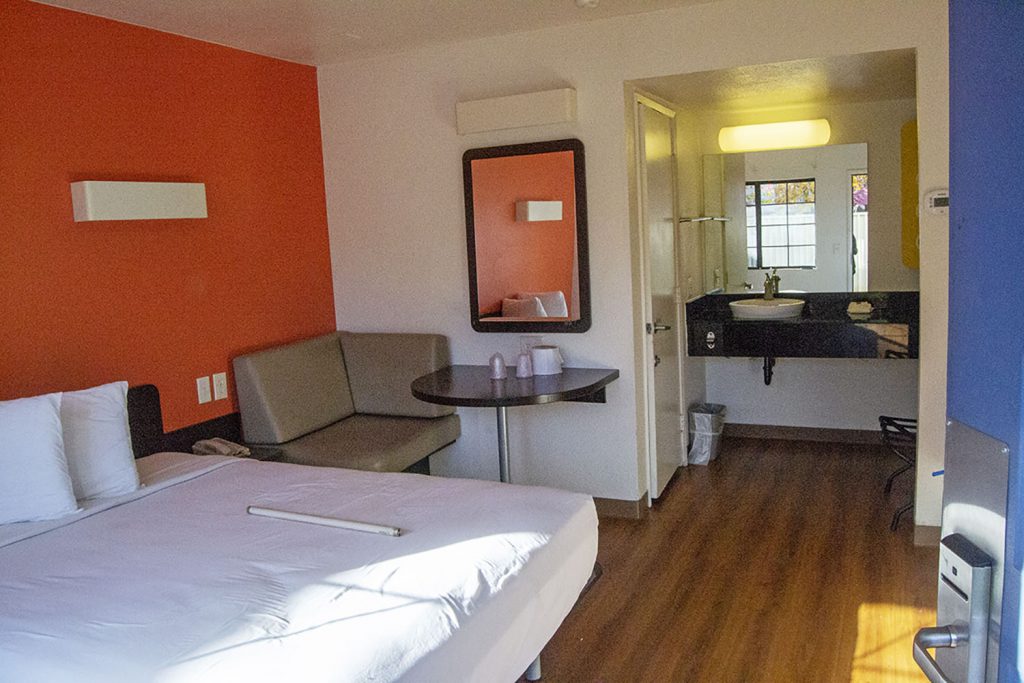
ECHO Paso Robles is waiting on a shower and restroom trailer. When it arrives, they will provide a shower program similar to that in ECHO Atascadero. It will be open to anyone who needs hygiene.
ECHO Paso Robles caseworkers meet with people at the Paso Cares dinner meal on 24th and Riverside streets. The caseworkers prioritize who stays at the new shelter based on requirements of the CARES Act — children, families with children and elderly 65 and over.
“We are prioritizing because of the funding it comes out of the CARES Act and it’s meant to get people off the streets during COVID,” Lewis said. “Right now, we are just getting them into a safe place to be and connect them to case management and start those conversations, those resource-based conversations. We know that those are the first steps and we will continue to build on that. Build our program.”
Jeff Al-Mashat is the Homeless Services Director for ECHO Paso Robles. He said they are moving quickly and should easily meet the 90-day, 50-percent capacity requirement from the funding source.
“You will see changes almost daily here. We are moving very quickly. By the end of December, we will have a lot of things moving really well. It’s been a week and a day, and we are really proud of where we are in that amount of time. Our goal is to have 25 rooms open by the end of December.”
Al-Mashat and Lewis said they need some help from the community. Right now, ECHO is looking for volunteers. Volunteers that can do some overnight service or someone who is handy and people to support with donations.
“ECHO is committed to this work and providing as many resources as it can, but it is going to take the full community,” Lewis said.
It has been a busy year for ECHO. It has added a second shelter, two warming centers, nearly tripled its bed capacity from 50 to 140, and is growing its staff. A year ago, ECHO had just six staff and was close to hiring its 20th staffer soon.
“It’s been a big year,” Lewis said. “We couldn’t have done it without the community’s support and our partners. We are ready to help a lot of people.”

